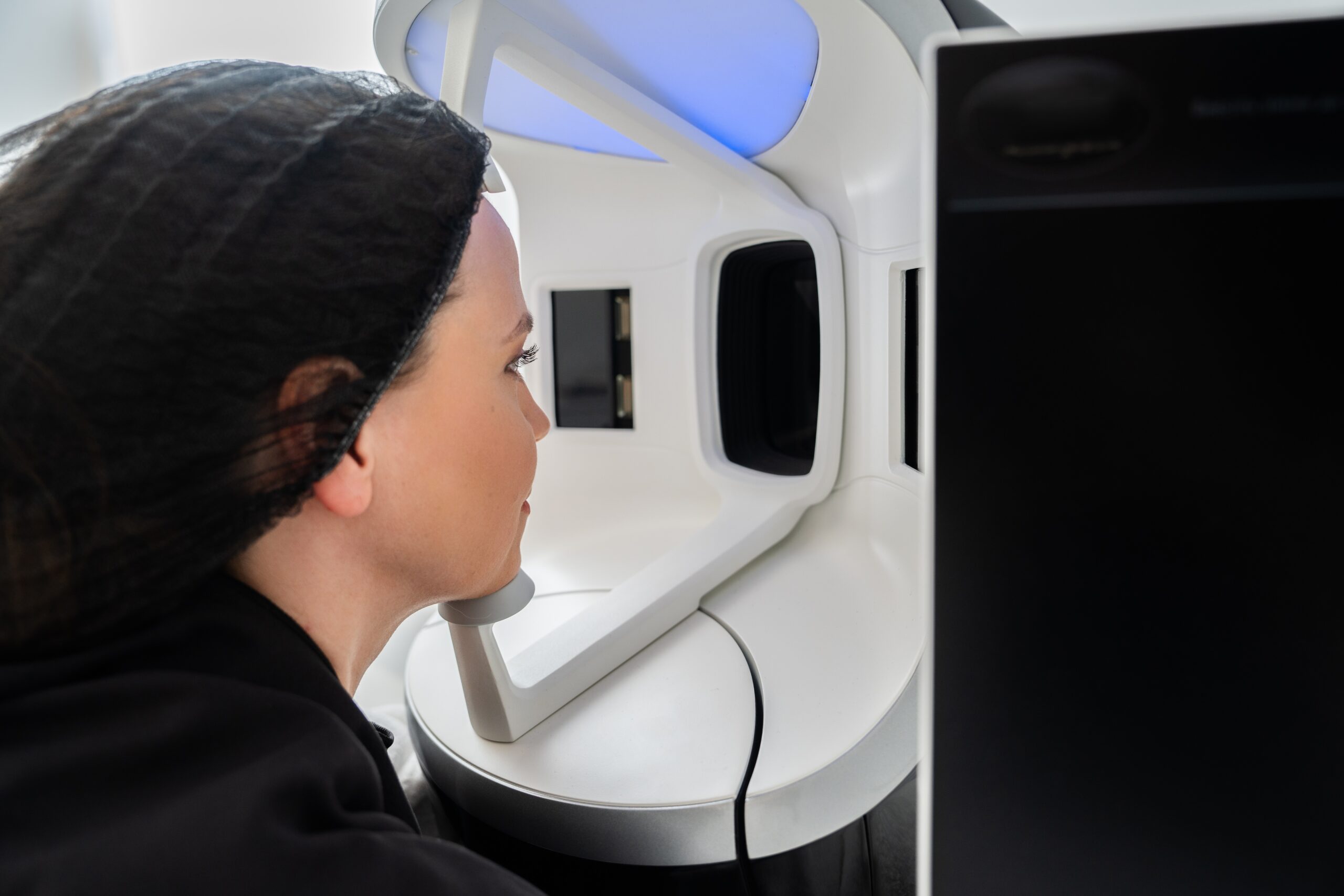
Introduction to a New Era in Plastic Surgery
Artificial Intelligence (AI) is making waves in every corner of healthcare, and plastic surgery is no exception. What once seemed like science fiction is now a reality, with smart technologies changing how plastic surgeons plan, perform, and evaluate procedures. From improving accuracy to enhancing patient satisfaction, AI is playing a growing role in both the art and science of cosmetic transformation.
How AI Is Used in Plastic Surgery Today
AI is helping surgeons make complex decisions by providing better data and insights. Through machine learning, AI algorithms can now analyze thousands of patient cases to suggest the best surgical approach based on body type, age, skin quality, and other key factors.
For example, facial recognition technology can create 3D models from 2D images, helping patients visualize how they may look after surgery. These simulations not only inform but also build trust. Surgeons can walk patients through realistic outcomes using AI-powered image projection, setting expectations before the first incision is made.
Additionally, AI tools are being used to map out veins and nerves beneath the skin. This reduces the risk of complications during surgery, which leads to faster recovery and less scarring. AI is turning once risky surgeries into safer, more precise experiences.
Improving Patient Consultations and Planning
Pre-surgery consultations benefit enormously from AI. By creating personalized treatment plans based on data, surgeons can explain procedures more clearly. Patients no longer have to guess what a “nose refinement” or “chin lift” might look like—AI offers a preview.
AI also sorts through medical records to flag any issues before surgery. It checks for allergies, previous complications, and even mental health signals that may impact the decision-making process. This proactive care makes the patient journey safer and smoother.
Customization Like Never Before
Plastic surgery has always valued personalization, but AI takes it a step further. Instead of relying mostly on surgeon experience or visuals from magazines, AI allows for true custom beauty planning.
For example, facial harmony analysis uses AI to measure facial features and ratios. These insights produce a symmetry plan tailored to each face. Whether it’s rhinoplasty or a face lift, this level of detail ensures better results and higher satisfaction.
AI also tracks how a person's face will age. By studying skin elasticity, exposure history, and genetics, some platforms predict how the face may change in five, ten, or twenty years. This long-term foresight helps patients and providers choose procedures that offer lasting results.
AI in Robotic-Assisted Surgeries
AI doesn't just stay behind the screen—it’s also guiding robotic arms in the operating room. Robotic-assisted surgery isn’t new, but when paired with AI, the results are game-changing.
These systems can identify the best angles for incisions and guide instruments with pinpoint precision. Surgeons remain in control, but they benefit from rapid AI feedback, which minimizes errors and keeps procedures on track.
This kind of efficiency reduces time in surgery, lessens bleeding, and speeds up recovery. Patients can go home sooner, with fewer complications and better outcomes.
Post-Operative Monitoring and Recovery
Caring for a patient doesn’t end in the operating room—and neither does AI. Today’s platforms can monitor healing through image uploads. Patients snap photos during their recovery, and AI software scans for signs of swelling, infection, or poor wound healing. Any red flags trigger a message to the care team.
Wearables that track vital signs are also powered by AI. Devices monitor heartbeat, temperature, blood pressure, and more. If a problem is detected, the system alerts the physician immediately. This round-the-clock care ensures faster intervention if anything seems off.
Enhancing Ethical Standards and Safety
Ethical concerns are always a factor in plastic surgery, especially when it comes to expectations and body image. AI can act as a safety net by scanning for unrealistic requests or high-risk emotional behavior.
Surgeons can use these tools to encourage healthy conversations about motivation and body goals. The AI recommendations are based on population data, past case studies, and emotional health indicators, helping providers identify when a procedure may not be medically or psychologically advisable.
Preparing for Even Smarter Systems Ahead
As AI improves, its use in plastic surgery will expand further. Researchers are working on AI that suggests procedures for natural-looking enhancements based on worldwide beauty trends and cultural preferences. Others are developing systems that treat skin conditions like acne, rosacea, or hyperpigmentation with laser adjustments guided entirely by AI feedback.
One exciting area is in regenerative medicine. AI is helping researchers understand how to stimulate skin and tissue repair. Future surgeries may include tissue-growing methods powered by AI, reducing scars and healing time significantly.
The Human Touch Still Matters
Even with these advancements, AI does not replace the surgeon. Instead, it acts as a tool—a powerful assistant that augments expertise. The combination of human experience with machine precision leads to smarter, safer, and more satisfying results.
Trust, empathy, and connection remain at the heart of plastic surgery. AI helps with planning and safety, but the relationship between doctor and patient will always be the most important part of the journey.
Book Your AI-Enhanced Consultation Today
Discover how AI can transform your plastic surgery experience from start to finish. Whether you're interested in facial procedures, body contouring, or just exploring your options, our expert team combines cutting-edge AI tools with the highest level of care. Book your consultation today and take the first step toward informed and confident transformation.

